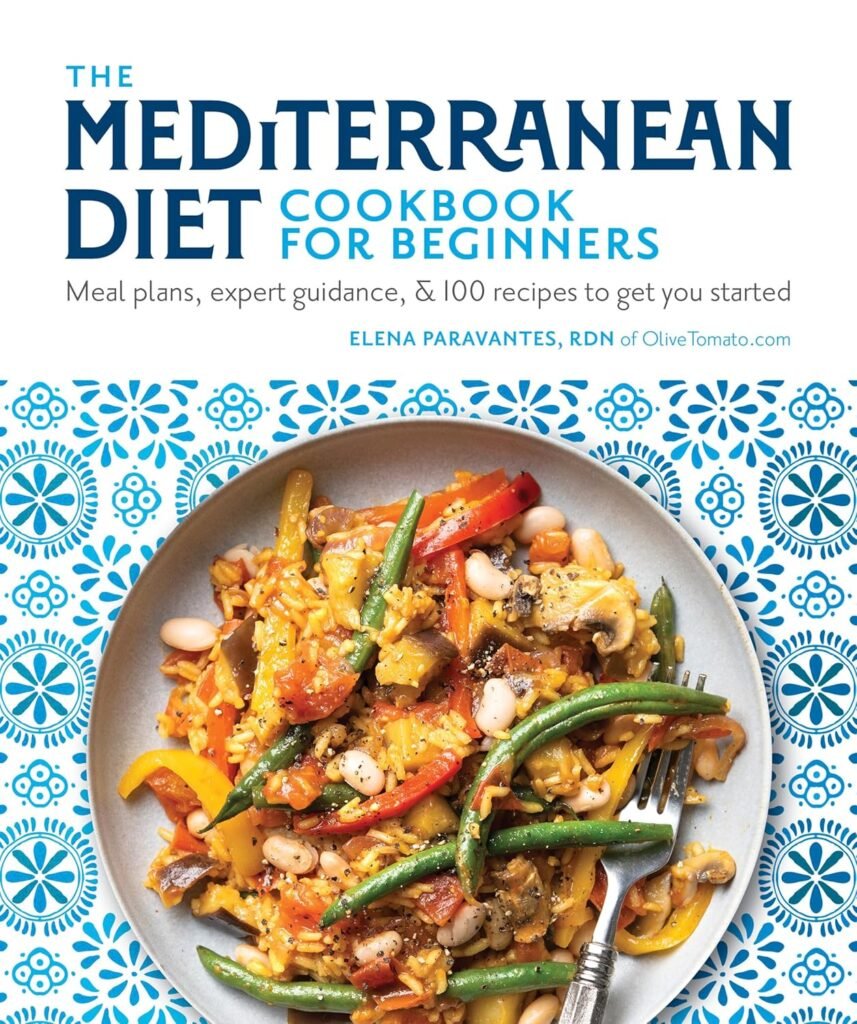Your cart is currently empty!

The power of herbs lies in their ability to enhance culinary creations and contribute to holistic well-being. Herbs offer diverse flavors, aromas, essential nutrients, antioxidants, and potential therapeutic effects. They infuse dishes with unique tastes and reduce the need for excessive salt and unhealthy fats. Additionally, herbs have been used in traditional medicine for generations due to their potential health benefits. Incorporating herbs into daily rituals, such as sipping herbal teas or adding them to meals, allows individuals to experience their diverse advantages. Whether as flavor enhancers, natural remedies, or aromatic infusions, the power of herbs enriches both the palate and the body.
Herbs in Blue Zones
The Blue Zones are regions across the world where people are known for their longevity and overall well-being. These areas have attracted attention due to the high number of centenarians and lower rates of age-related diseases. In Blue Zones, the use of herbs is often intertwined with traditional culinary practices and holistic health approaches, contributing to the overall well-being of the inhabitants.
One notable example is the use of herbs such as rosemary, basil, and oregano in Mediterranean Blue Zones, including Sardinia, Italy, and Ikaria, Greece. These herbs are key components of the Mediterranean diet, which is renowned for its potential health benefits, including reduced risk of heart disease and improved longevity. In these regions, herbs are often used to flavor local dishes, such as stews, grilled meats, and vegetable-based recipes, adding both taste and potential health advantages to everyday meals.
Similarly, in the Nicoya Peninsula in Costa Rica, cilantro, mint, and other local herbs are frequently incorporated into traditional recipes, providing not only vibrant flavors but also potential well-being benefits. The traditional cuisine of this region often features herbs in dishes such as soups, salads, and stews, reflecting the cultural significance of herbs in promoting holistic health and culinary enjoyment.
In the context of Blue Zones, the use of herbs goes beyond culinary traditions and extends to the cultivation and appreciation of natural remedies that have been passed down through generations. The incorporation of herbs into daily rituals and meals reflects the holistic approach to well-being that is characteristic of Blue Zones, where the power of herbs plays a role in promoting longevity, vitality, and overall health.
Health benefits of the most popular herbs

Basil
This aromatic herb is not only a staple in Mediterranean cuisine but also offers potential health benefits. Basil is known for its potential antibacterial and anti-inflammatory properties, which could contribute to overall well-being. Its sweet, slightly peppery flavor can add a fresh and vibrant taste to salads, pasta dishes, and sauces, making it a delicious and healthy addition to your meals.
Rosemary
Beyond its strong and woody fragrance that enhances the flavor of roasted meats, potatoes, and bread, rosemary is believed to have antioxidant properties. This herb has historically been used to support digestion and improve circulation, adding potential health benefits to its culinary appeal.
Mint
With its refreshing and cool flavor, mint is a versatile herb that offers potential health benefits. It is known for its ability to soothe digestive issues and alleviate discomfort. Additionally, mint has been associated with improved cognitive function and may aid in relieving symptoms of irritable bowel syndrome. Adding mint to beverages, salads, or desserts not only enhances their taste but also provides potential holistic advantages.
Thyme
This aromatic herb boasts potential health benefits and a unique earthy flavor that complements various dishes. Thyme has been linked to antimicrobial properties, which may support overall health. It is also rich in antioxidants and has been used in traditional medicine to address respiratory conditions. By incorporating thyme into meals, individuals can enjoy its flavor while potentially supporting their well-being.
Parsley
Beyond being a popular garnish, parsley offers potential health benefits that make it a valuable addition to culinary creations. This herb is rich in essential nutrients, including vitamin C, vitamin K, and antioxidants. Parsley has been associated with promoting kidney health, supporting bone strength, and aiding in digestion. Its vibrant green color and mild, fresh flavor make it a versatile ingredient in a wide range of dishes, adding both visual appeal and potential well-being benefits.
Cilantro (Coriander)
Cilantro is widely used in global cuisine and is known for its distinctive flavor profile that adds depth to dishes. This herb has been linked to potential heavy metal detoxification and may have protective effects against oxidative stress. It is a good source of vitamins, minerals, and antioxidants, making it a flavorful and potentially beneficial inclusion in various recipes. Whether used in salsas, curries, or salads, cilantro can contribute to both the taste and potential well-being aspects of the dish.
Dill

With its feathery leaves and bright flavor, dill is a versatile herb that can provide potential health benefits. It is rich in antioxidants and has been associated with digestive support and potential antimicrobial properties. The distinct taste of dill complements salads, fish dishes, and pickled foods, offering a flavorful addition with potential wellness advantages.
Oregano
This herb is widely recognized for its robust flavor in Mediterranean cuisine and is also linked to potential health benefits. Oregano contains compounds that may have antimicrobial and anti-inflammatory properties. It is a rich source of antioxidants and has been used in traditional medicine to address respiratory issues. Incorporating oregano into dishes not only enhances their taste but also infuses potential well-being benefits.
Herbs enhance food and well-being with diverse flavors, nutrients, and potential health benefits. They play a vital role in traditional medicine and are intertwined with culinary practices in Blue Zones, offering antioxidant, antimicrobial, and digestive support properties.
Hello,
I’m Jurgita

Welcome to my cozy corner of the internet dedicated to Food and Wellbeing! I invite you to join me on an exciting journey of discovering new recipes and balance for healthier lifestyle.
Let’s connect!
Here are the books I recommend if you are interested in health and recipes!









Leave a Reply